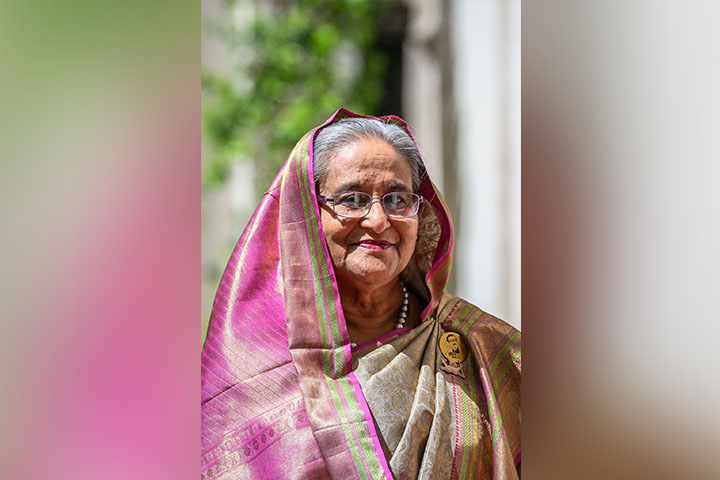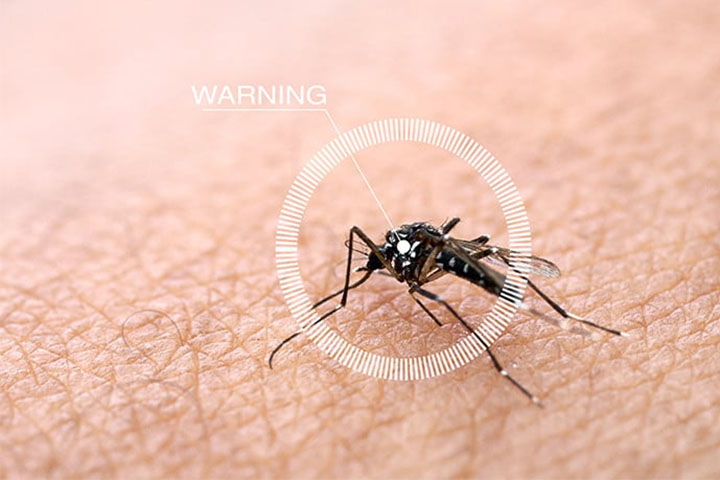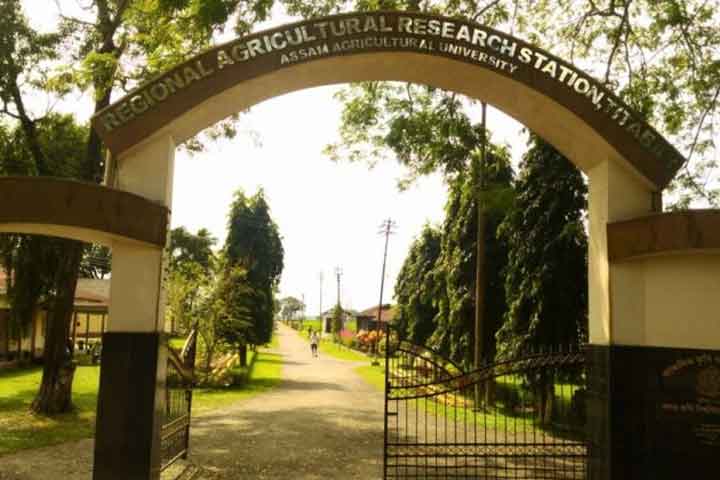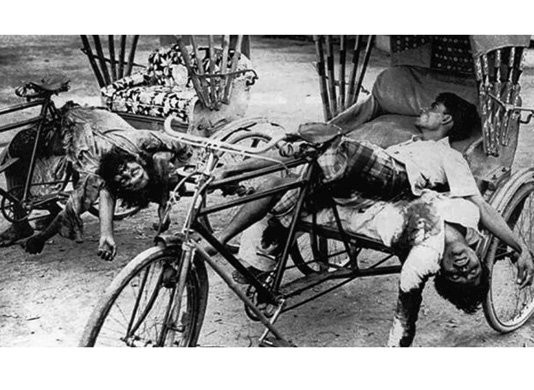A national survey by International Republican Institute found that Sheikh Hasina remains Bangladesh’s most popular leader
Bangladesh’s next general election, which is widely perceived as being important due to the role it is expected to play in determining the country’s political future, is barely six months away. Incumbent Prime Minister Sheikh Hasina and her ruling Awami League (AL) party have battled an aggressive campaign led by the primary opposition party the Bangladesh Nationalist Party (BNP) as well as economic difficulties that the aftermath of the COVID-19 pandemic and Russia’s invasion of Ukraine brought upon the country. The problems of the AL government were compounded earlier this year when the United States (US) began exerting escalating pressure on it to prove its democratic credentials even after 15 years in power.
In this backdrop, the recent findings of the national survey conducted by the International Republican Institute (IRI) that while Bangladesh citizens were pessimistic about the economy and elections, policies on infrastructure and development had buoyed Sheikh Hasina’s public support and added to her popularity would have come as a pre-election shot in the arm for the AL.
The IRI is an American nonprofit organization that is funded and supported by the US federal government, and the conclusions of a survey conducted by it would have been taken careful note of by Sheikh Hasina and her team.
In an article titled ‘Bangladesh: Survey Reveals Premier Remains Popular Despite Growing Public Discontent’ that was posted on 9 August on the website of the United States Institute of Peace (USIP), David Hoogstra, a program manager at the IRI, and Geoffrey Macdonald observed that although political tension was rising in Bangladesh ahead of the country’s next national elections, due by January 2024, with both the ruling AL and opposition BNP holding large rallies across the country to mobilize their supporters, there was little polling data publicly available that could put in focus the state of race. For a country of 170 million people, there was remarkably little credible public opinion data in Bangladesh. Most observers’ assessment of political strength was driven by impressions of grassroots enthusiasm and crowd size at rallies, which are highly unreliable measures.
That changed a little when the IRI recently released its national survey and focus group discussion (FGD) study that shed light on Bangladesh’s political, economic, and social dynamics. The authors wrote, “This research shows that though citizens are pessimistic about the state of the economy and elections, the government’s policies on infrastructure and development have buoyed the prime minister’s public support. Furthermore, while the opposition’s popularity is growing and its calls for a caretaker government are breaking through, Bangladeshis appear skeptical of its boycott strategy”.
The IRI survey found that economic issues had been driving the pessimism in Bangladesh, and 51 percent of the respondents said that the economy was doing poorly. Bangladeshis are also frustrated with politics, and ordinary citizens believe that political and civic institutions are not protecting their interests. Others cited corruption, a serious issue across all of South Asia, as the single most important problem in the country. Even civil society was viewed negatively, with 62 percent saying civic groups represent the interests of elites.
The article pointed out that the most contentious debate in Bangladesh’s politics currently centered on election administration. The BNP is boycotting all elections until the restoration of Bangladesh’s caretaker government (CTG) system, which installs a politically neutral government before election day. The AL — which scrapped the system after Bangladesh’s high court ruled it unconstitutional in 2011 — says the Election Commission can competently oversee fair elections. AL supporters point to the BNP’s massive Dhaka rally in December 2022 and other opposition political events held freely around the country. In 2022, non-AL candidates won in local elections, lending credibility to the process. Recent municipal elections have encountered some problems but have also been lauded for relatively high turnout, reduced violence and open competition in some locations. Furthermore, the government has consistently said it welcomes international election observers in January. In May, the AL also floated the idea of a bipartisan election time government including the BNP, and a senior AL official recently said the party is open to internationally mediated political dialogue. Nevertheless, Bangladeshis are divided on this issue. While 92 percent say they are very or somewhat likely to cast their vote, 56 percent of Bangladeshis say the opposition should compete in the election even if the CTG is not reinstated. In focus groups, many BNP supporters urged their party to run.
The article concluded that “The Bangladeshi public’s pervasive pessimism appears to be boosting the opposition’s popularity but has not yet substantially weakened the Sheikh Hasina government. About 70 percent of Bangladeshis say the prime minister is doing a good job, and majorities approve of the government’s performance on various policy issues from access to drinking water to improving education”.
International opinion on the issue of democracy and rule of law in Bangladesh has been divided and inconsistent. Over the past year, several senior US government officials — including Secretary of State Antony Blinken, US Ambassador to Bangladesh Peter Hass and State Department Councilor Derek Chollet — have publicly called for free and fair elections in Bangladesh. Al Jazeera reported in May this year that Antony Blinken had said that the US was adopting a new policy to restrict visas for Bangladeshis who undermined the democratic election process at home. Blinken said the US was supporting “free, fair and peaceful national elections” and would target either pro-government or opposition supporters in the deeply polarised nation. Blinken added that he was “announcing this policy to lend our support to all those seeking to advance democracy in Bangladesh”, and that the move could affect current or former officials and politicians and members of law enforcement, the judiciary and security services “believed to be responsible for, or complicit in, undermining the democratic election process in Bangladesh”. He asserted that “The holding of free and fair elections is the responsibility of everyone – voters, political parties, the government, the security forces, civil society and the media”.
Other western-aligned governments have followed the US’ lead on Bangladesh. The United Kingdom (UK), Japan and others have echoed US calls for free and fair elections, and the European Union (EU) sent a six-member Election Exploratory Mission that visited Bangladesh from July 8 to July 22 and held several dozen meetings with various stakeholders, including political parties, media representatives and civil society members, to assess the political situation in the country and to decide on the possibility of sending EU election observers to monitor the January 2024 polls. A high-level US delegation, including Assistant Secretary of State for South and Central Asian Affairs Donald Lu and Under Secretary of State for Civilian Security, Democracy, and Human Rights Uzra Zeya, also visited Bangladesh in July and discussed a range of issues, including “free and fair elections”, labor issues, human rights and combating human trafficking with senior Bangladeshi officials.
In its response to Blinken’s comments, the Bangladesh Foreign Ministry issued a statement assuring of free and fair elections in January next year. It said, “The government apparatus will take necessary measures to prevent and address any unlawful practices or interference … to compromise the smooth and participatory conduct of the elections. The electoral process will remain under strict vigilance, including by international observers as accredited by the Election Commission”. It stressed that the Election Commission retained the ability to perform its functions in full independence, credibility and efficiency.
Prime Minister Sheikh Hasina reacted angrily to the new visa rule, which was widely perceived as a warning to the ruling administration, and said it amounted to an attempt to topple her government. Speaking at the Qatar Economic Forum in Doha shortly after Blinken’s statement, Sheikh Hasina assured that “I am here to ensure our people’s voting rights because people should decide who will run the country. It is people’s power. I want to ensure people’s power. I am not here to grab power, rather I want to empower our people. They should have that right to choose their government. So under our government, definitely elections will be free and fair”. Taking a dig at the US’ own imperfect experience with democracy, Hasina had added, “As for the US, you can see that Mr Trump didn’t accept the results. What do they have to say now? We have told everybody, if they want to send observers they can do it”.
Some analysts believe that the US pressing Bangladesh on democracy has more to do with gaining leverage in business and trade deals and countering rival China’s growing influence in the country. Washington, they say, has done little to push for free elections in Pakistan which is mired in its own deep political crisis. They argue that under proxy military rule, mass arrests, disappearances, murders and torture have become a regular feature in Pakistan. Delwar Hossain, a professor of international relations at the University of Dhaka, was quoted by the Bangladeshi media as saying that “The US approach to Bangladesh needs to be changed. In the case of Pakistan’s political instability, the US is silent while in Bangladesh’s case they are highly active”.
Among regional powers, India has consistently extended its unqualified support to the Sheikh Hasina regime. Ali Riaz, non-resident senior fellow with the Atlantic Council’s South Asia Center, noted in his article titled ‘Bangladesh election 2024: What role will India play?’ that “Under the Hasina regime, India has received Bangladesh’s support in rooting out insurgency in India’s Northeastern region, securing transit through Bangladesh, gaining permanent access to two main ports in the Bay of Bengal, signing an energy deal which ensures that Bangladesh buys electricity with the highest cost, inking an agreement which allows India to install a surveillance system in the Bay of Bengal, agreeing to a water-sharing deal which provides India control over the river Kushiyara and engaging in close defense cooperation to name but a few significant bilateral achievements”. Riaz opined that it was, therefore, not surprising that “Despite the intense discussions in the media, there hasn’t been any official word from New Delhi regarding the new United States policy or the growing tension between the United States and Bangladesh. New Delhi has remained studiously silent”.
India’s support for Sheikh Hasina is on account of many factors, most significant among which is the terrorism promoted by the BNP during its period in power in Dhaka that Hasina has helped virtually eliminate. Equally weighty is the Indian desire to keep China at bay. For its part, China has sought to foster close economic and defense cooperation with Sheikh Hasina’s government, while remaining politically neutral. The US-led West, which has for several years been sensitive to India’s position on Bangladesh, also recognizes the perils of pushing Sheikh Hasina too far. As Jasmin Lorch, South Asia analyst and guest lecturer at the Humboldt University in Berlin put it while commenting upon the possibility of EU sanctions on Bangladesh, “It is also unclear whether such restrictions would be effective because they might just push Bangladesh closer to China, which is a highly authoritarian patron”.
From the US perspective, adopting too tough a stance against Bangladesh at this juncture could actually run counter to its broader geopolitical interests in South Asia and the Indo-Pacific. As Geoffrey Macdonald pointed out, “Internationally, the United States, India and China will be watching closely. Bangladesh’s long border with India, strategic location on the Bay of Bengal and economic potential make it an attractive ally for Indo-Pacific competitors”, which includes China.
The Awami League, meanwhile, will take solace that the desire of the US to build a close relationship with India will, to a lesser or greater extent, serve to dilute democracy-promoting pressure upon Dhaka from Washington.
21 Aug 2023,10:45















 Live Tv
Live Tv









